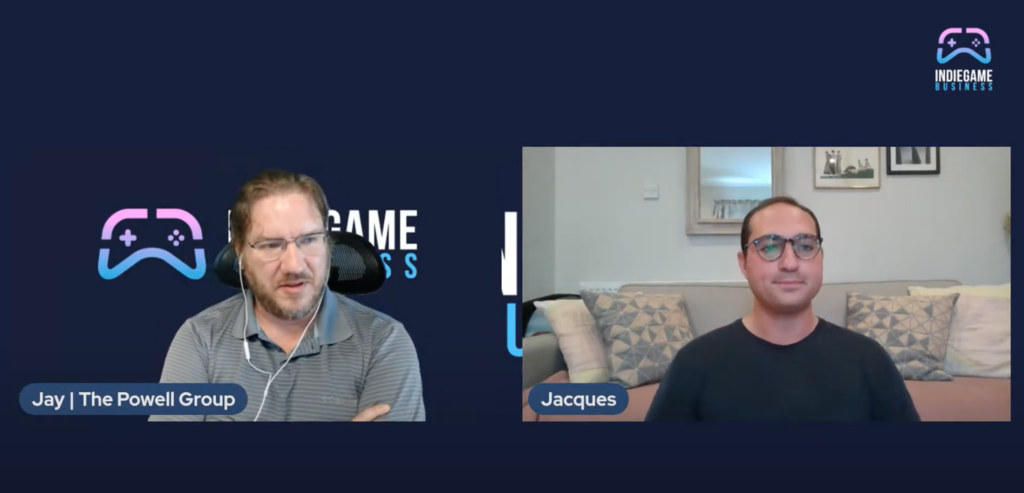On this episode of the podcast IndieGameBusiness welcomes Jacques Benchetrit, M&A Manager at Zordix to talk about understanding the pitfalls of the Merger & Acquisitions Process. Zordix recently acquired Maximum Games for $42 million, so Benchetrit knows what he is talking about.
The podcast features important things developers and publishers should know when it comes to key debt terms, deal terms, the fundraising process and mergers and acquisitions. A huge part of the industry can be understanding what your options are when looking for funding and what some of the terms you may be agreeing to, actually mean.
When starting a company you need funds to be able to baseline pay your employees. There are two ways to raise funds. “You can sell a part of the ownership of your company, that means sell equity, or you can raise debt”, says Benchetrit. Debt means making an agreement along the lines of ‘If you give me money now I will pay you back including some interest for you lending me this money.’
Collateral
A secured loan means that your company would be serving as collateral in case you fail to pay back your debts. An unsecured loan simply means that you are safe enough to lend money to without any form of collateral. The most common loan is a secured loan: “Making a game is a very high risk project, so the investors will want something to back their investment in case the game doesn’t do well.”
The criteria for investors to take an interest in your company may be different each time. One of the most important aspects is looking at the cash flow a company brings in and how stable that flow is. New studios with experienced employees are actually a big green flag for fundraising simply due to the fact that they know what it takes in the industry.
Very attractive
Finding means of funding can be as simple as looking up funded projects on Google and starting from there. Or when you receive a rejection from an investor, simply ask to whom you should speak to that may be interested. That way you are getting referred to even more opportunities.

Benchetrit is sure to hammer home that the idea of debt on paper may seem very appealing, but that you have to look at the fine print. Even being late on one payment can leave your company in shambles to recover. “When you’re signing these deals it looks very attractive at first, but you need to be very careful you can effectively end up selling your company for peanuts.”
All in all it pays to know what sort of fundraising will be best for your company in the long term, rather than simply going with the biggest sum offered. In many cases you are giving up lots of equity or setting yourself up for huge repayments that will catch up to you quickly. Be smart with your fundraising, get a lawyer to read over any agreements, and always read every bit of a deal before agreeing to anything.
Key Takeaways:
- Before looking for funding always be aware of the terms that are being used in these types of negotiations. Be familiar with things like equity, the differences in secured and unsecured loans, as well as any other details that may be included in your agreement.
- Don’t always assume the investors offering you the most money is automatically the best option. Higher investments could come at higher equity demands leaving you with little control of the future of your company.
- Make sure that racking up debt will be profitable long term and not put your company in a sour spot. It may not be worth it in the long term when looking at your repayments versus the potential for success.

